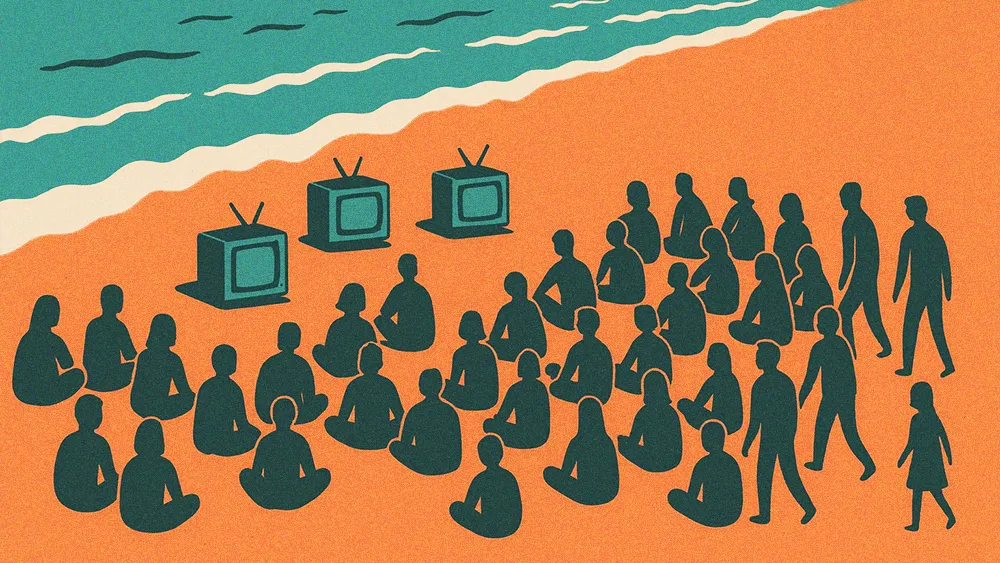AI has unleashed a flood of cheap creative into CTV advertising, overwhelming the limits of human attention. With production costs collapsing, old advantages no longer hold. One industry veteran described today’s market as a chaotic “gumbo” of platforms, buyers, and content. And in this environment, the real edge isn’t making more ads; it’s proving which ones actually work.
We spoke with Scott Simonelli, the Founder and CEO of Veritonic Inc., a company powering performance-first measurement in audio and CTV for the world’s top brands. Simonelli is a pioneer in the field of online testing, having helped launch Optimost, the firm that trailblazed multivariate testing in the early 2000s. Drawing on his experience from the front lines of the internet’s first "wild west" era, he argued that CTV is facing a similar—and predictable—inflection point where accountability will become the ultimate currency.
- The new physics of advertising: "You've got infinite creative, finite attention, and what ultimately rises is performance," Simonelli stated. This simple but powerful formula captures the fundamental shift in the market. As AI makes creative a commodity, the ability to measure and prove impact becomes the key differentiator.
The core of the problem is a massive trust gap. A stunning portion of the CTV market operates without independent oversight, allowing the largest platforms to grade their own homework. This creates a deeply flawed ecosystem where advertisers are flying blind, making critical decisions based on potentially optimistic or incomplete data.
- A broken system: "It's bonkers," Simonelli said, reacting to the state of the market. "50% of CTV ads do not have any independent measurement whatsoever. It might actually be 65%, depending on how you look at it. And in podcasting, it's only 3%." He offered a stark analogy to illustrate the conflict of interest: "You're basically buying the car from the gas company. They're never going to give you a car that gets good gas mileage. It would be insane."
He pushed back against the common fear that data stifles art, arguing instead that measurement is the key to unlocking true creative potential. In a world of cheap production and rapid feedback, data doesn't restrict creativity—it liberates it.
- Data as a creative catalyst: "The creatives might grumble that people are squeezing them with data, but data liberates creativity," Simonelli explained. "If there's a lot of data in the market and people can take those chances, you're more likely to get that outside-the-box idea that works."
The current system, however, is not built to last. Simonelli predicted that the industry is headed for a reckoning, a moment when the lack of rigorous measurement will lead to a high-profile failure. This "crash" will be the catalyst that forces the market to mature.
- The coming crash: "There's usually something that puts the fear of God in people, which definitely hasn't happened yet," he warned. "No one's getting burned by running an AI ad right now because measurability is so loose. No one's saying, 'Oh, I ran that AI ad and I lost a million dollars.' The question is, at what point does accountability matter? And will it matter?"
Ultimately, the resolution to this chaos will come from within. Unlike the early days of the internet, today’s advertisers are not naive newcomers. They are seasoned professionals who have been forged in the data-driven fires of other digital channels.
"These are savvy buyers," Simonelli concluded. "That's where it's different from the early days of the Internet. These people are used to advertising." It is this sophistication that will accelerate the push for independent measurement. As pressure mounts, these seasoned buyers will demand the same standards of performance and accountability in CTV that they already expect everywhere else, finally bringing order to the wild west.

